Parent Tip: Assessing your child’s writing level
Many parents are tempted to evaluate their child’s writing ability by looking at how long a child can write with as few mechanical errors as possible. “My kid can write a three-page story with few spelling, grammar, and punctuation issues? Grand! The kid can write!”
Your child should feel proud that they can do this, of course. But writing long, error-free or error-lite stories, however compelling, is unfortunately often a loose indicator of where a child is with learning to write arguments—particularly expository essays and research papers.
We see many children come to our program with the ability to write clean and clear stories all day long, but who have no idea how to build or critique an argument. This is why June Writers is not just a writing program; critical thinking and critical reading are core pieces of our program, too.
Learning to argue, particularly with the level of rigor that writing for an audience demands, is difficult. It is not instinctual beyond a certain point even for the brightest kids because it involves learning to extract, analyze, organize, and communicate deep thought. So, parents should not be shocked if your child who is so eloquent in their long, multi-page narratives nonetheless struggles to put together a three-sentence argument. These are asynchronous skills.
It, yes, absolutely helps to have solid mechanical fundamentals already (though it’s also possible to learn mechanics and argumentation in parallel). But it is critical that we give our children the grace to move at different speeds with these distinct writing skills, while still holding them to high expectations. Rushed argument writing development results in kids learning to imitate form, not think with rigor. This is because quality scales and adapts; writing to form does not. Yes, your child will be able to write an excellent five-paragraph essay without groaning soon enough. We promise. It’ll even feel easy.
So, if you’re trying to evaluate your child’s writing level, look beyond length and mechanical clarity. Look for the evidence of thought. And when you see it, give your kid a hug and ask them to tell you more.

